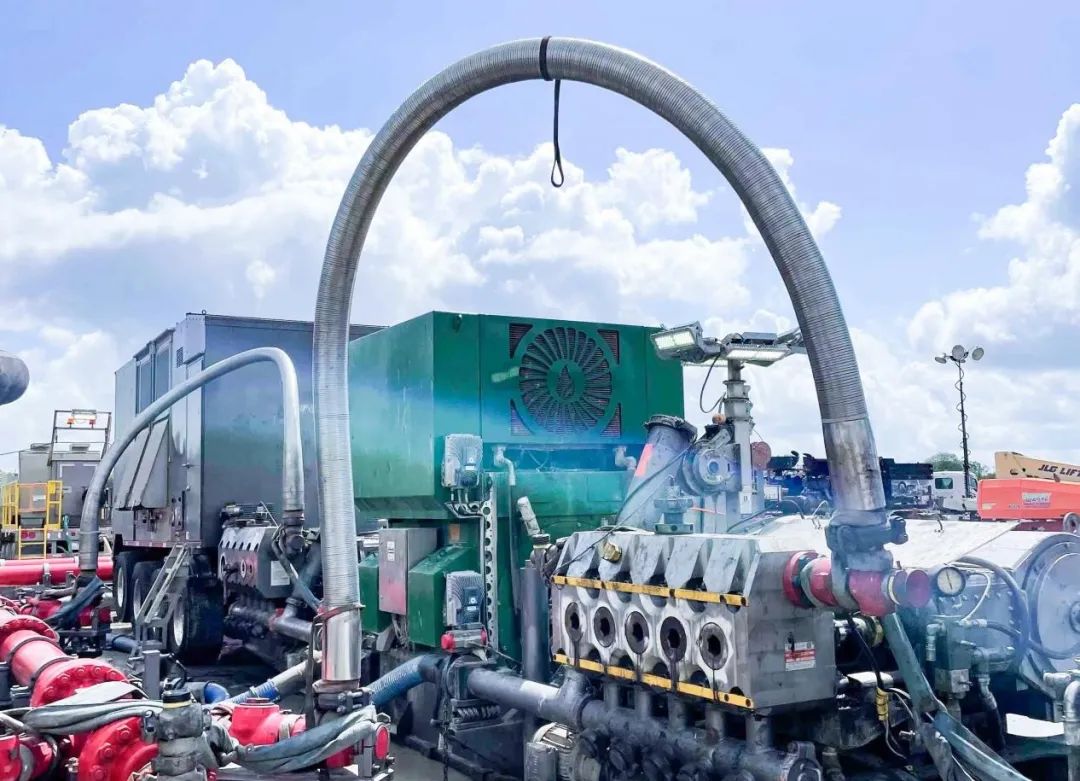Market development trend and new application exploration of corrosion-resistant UPE hose
2025-07-28 14:15:35
In industrial production, the selection of corrosion-resistant pipes is crucial, especially in the treatment of certain chemical media, acids or alkalis. UPE (polyethylene) pipes are widely used in chemical, food, pharmaceutical and other industries due to their excellent corrosion resistance, aging resistance, low temperature resistance, and good mechanical properties. However, when choosing the appropriate UPE pipe specifications, it is extremely important to consider the medium characteristics. This article will discuss in detail how to choose the appropriate corrosion-resistant UPE pipe specifications according to different medium characteristics to ensure the best combination of safety and performance.
1. Properties and advantages of UPE pipes
UPE pipe is a polymer pipe with superior chemical stability that can effectively resist a variety of corrosive chemical media. Its main features include:
- Corrosion resistance: UPE pipes can withstand the erosion of various acid and alkali solutions, salt water and organic solvents, so they have obvious advantages when it comes to chemical reactions or storage.
- High and low temperature resistance: UPE pipes still maintain good toughness and strength in low temperature environments, and are suitable for transporting some special media.
- Lightweight and high strength: UPE tubes have a low density and are easy to handle, while providing sufficient strength to make them widely used in multiple industries.
- Excellent insulation properties: UPE tubes are non-conductive and suitable for use in the electronics and electrical industries.
2. Factors affecting medium characteristics
Before selecting corrosion-resistant UPE tube specifications, you should first have a deep understanding of the characteristics of the medium being handled. The following are the influencing factors:
2.1 pH
Acidity and alkalinity (pH value) are important indicators when selecting UPE tubes. Different pipes have different tolerances to acid and alkaline environments. For example, certain high concentrations of strong acids or bases can corrode the pipeline, while neutral media have less effect on this. Evaluating the pH value of the medium used can help decide on the selection of more corrosion-resistant pipes.
2.2 Temperature
The temperature of the medium affects the physical properties of the UPE tube. Under high temperature conditions, the corrosion resistance and strength of some UPE tubes may decrease. Therefore, when selecting, consider the maximum and minimum operating temperatures of the pipe contents to ensure the safe use of the material under specific conditions.
2.3 Purity and concentration of the medium
Chemical media of different concentrations have different requirements for corrosion-resistant UPE pipes. High concentrations of corrosive substances often cause more severe corrosion to the pipeline, so it is recommended to use UPE pipes of higher specifications to cope with highly corrosive environments.
2.4 Fluidity of the medium
The fluidity of the fluid should also be considered. If the medium flows faster in the pipeline, it may damage the pipeline due to wear; static liquids usually do not exert excessive pressure on the pipeline. This point must be carefully measured when selecting the pipeline model.
3. UPE pipe specification selection guide
Based on the characteristics of different media, the following are some UPE pipe selection guides:
3.1 Conventional chemical media
For general acid, alkali, and salt solutions, select the more common UPE pipe specifications. Such media are relatively less corrosive to basic UPE pipes, and the standard wall thickness and diameter can meet most needs.
3.2 Strong acid and alkali media
For strong acids and alkalis, such as sulfuric acid and sodium hydroxide, thicker wall UPE pipes should be selected at high concentrations and temperatures, and even modified versions of UPE pipes should be used to enhance corrosion resistance. The specifications of such pipes should also have good tensile strength.
3.3 Organic solvents
For example, benzene, alcohols, etc., special attention should be paid when using UPE pipes. Because the impact of organic solvents on plastics is complex, it is recommended to select UPE pipes made of organic solvent-resistant materials, and consider their flow settings and temperature control.
3.4 High-temperature media
For high-temperature media or steam, it is recommended to use UPE pipes with high temperature resistance. Although this type of pipe is relatively more expensive, its safety in high-temperature environments is more guaranteed.
Selecting the appropriate corrosion-resistant UPE pipe specifications according to the different characteristics of the medium is the key to ensuring industrial safety and production efficiency. By analyzing the properties of the medium, selecting appropriate pipe specifications, assembly and maintenance measures, the performance and service life of the UPE pipeline system can be significantly improved. In future industrial applications, corrosion-resistant UPE pipes will surely play a more important role and contribute greater impetus to the development of the industry.